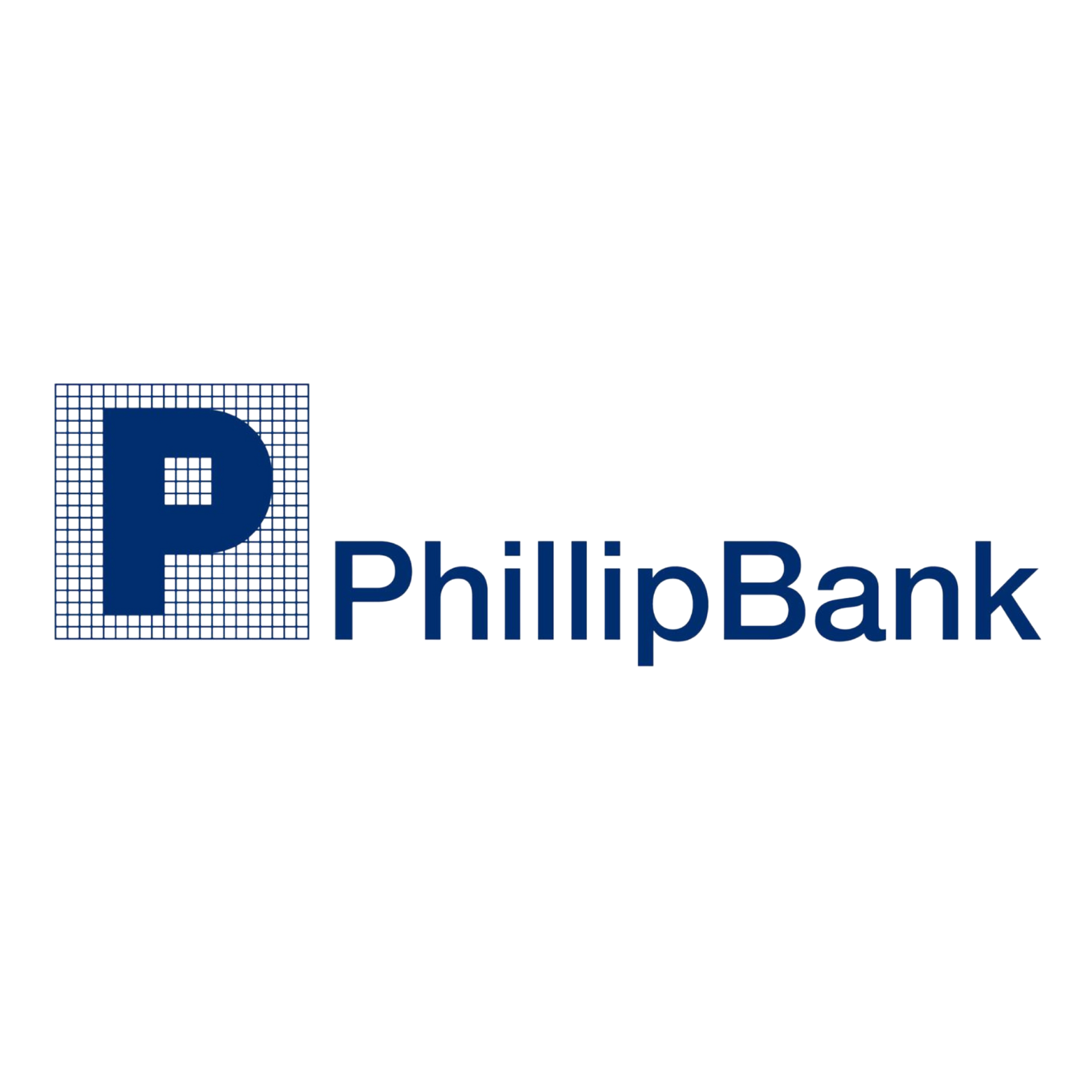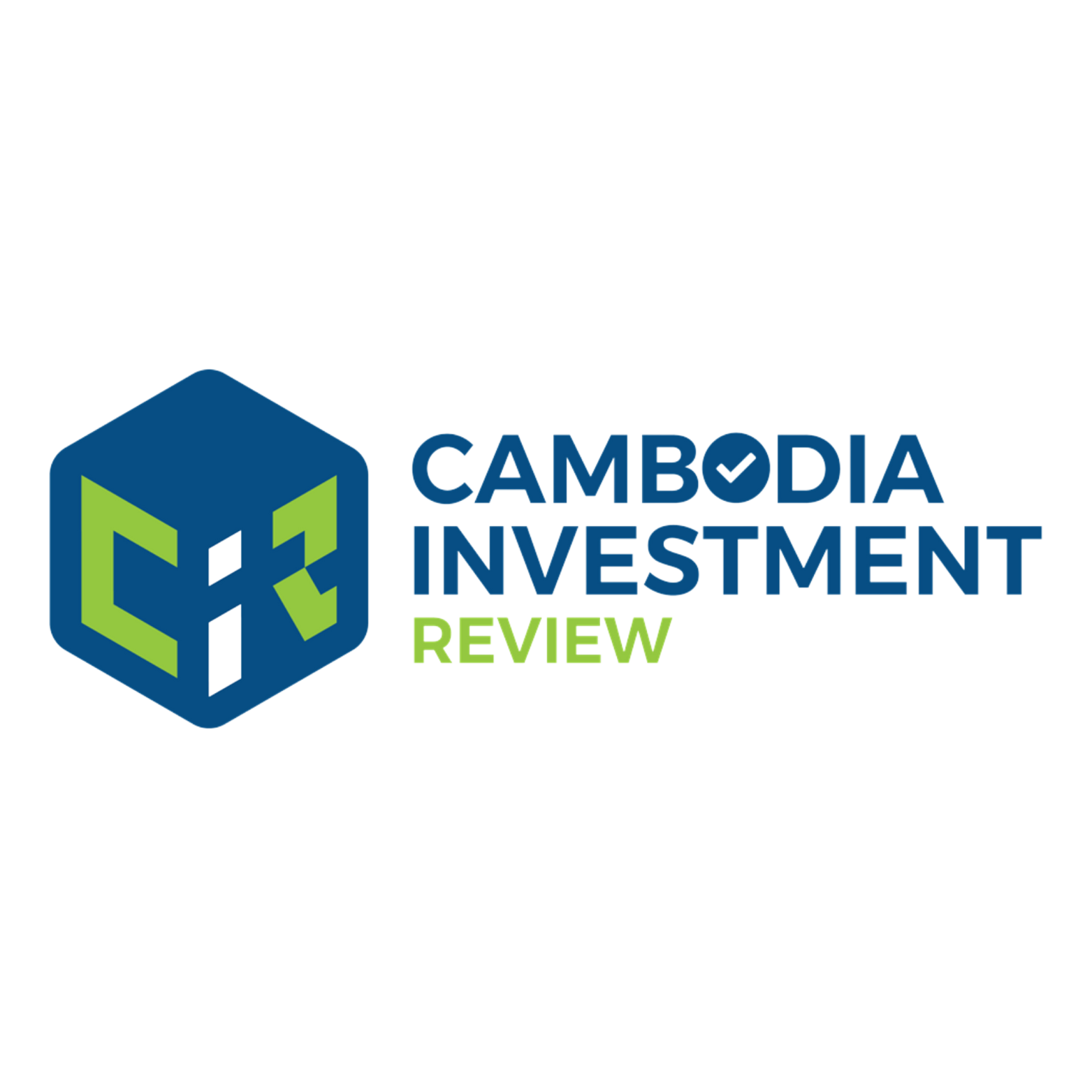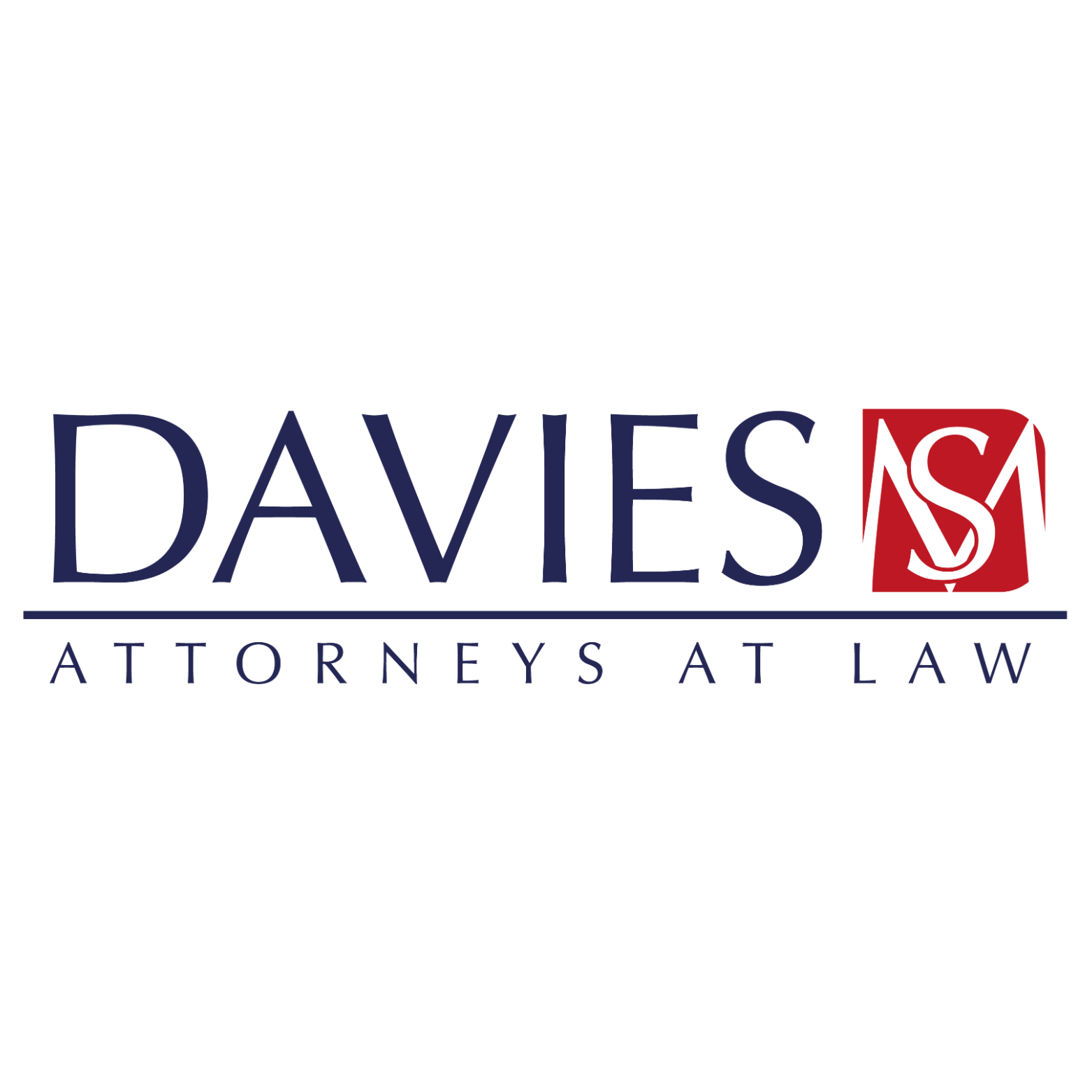In this article we discuss key information regarding the land and property sector in Cambodia, including price variations, titles and tax, to help investors better understand the market. For more information, you can contact one of our expert team who can help connect you with our expert partners within the land and property sector in Cambodia.
What is the current state of the land and property sector in Cambodia?
When it comes to the land and property sector in Cambodia, there is a wide range of prices varying dramatically across the nation’s 25 provinces in accordance with location and purpose.
For land, this spectrum spans from modest valuations, as low as a mere few dollars per square meter for distant agricultural expanses or rugged terrains acquired in bulk, to soaring heights that exceed USD 8000 per square meter, gracing the plots of downtown urban hotspots such as Beong Keng Kang 1 in the capital, Phnom Penh.
Within the dynamic evolution of development areas, the surge in land value remains unabated. Local elites and business entities have embraced the concept of land banking, recognising it as a potent avenue to invest surplus capital. The market for land sub-development teems with activity, mirroring the vivacity witnessed in the first-home landed-home / Borey sector, radiating both in urban cores and their suburban fringes.
Regarding condominiums, the pinnacle of condominium investment beckons in three prominent locales: the bustling heart of Phnom Penh, the cultural enclave of Siem Reap, and the coastal allure of Preah Sihanoukville, also known as Kom Pong Som province. This means there are a lot of investment opportunities in land and property in Cambodia.
What are the investment opportunities in land, property and real estate in Cambodia?
Cambodia’s condominium real estate sector landscape unfolds as a tapestry of diverse opportunities, underpinned by freehold ownership eligibility for foreigners. This extends from the accessibility of USD 50,000 per unit for more modest apartments and such, to the opulence of million-dollar luxury penthouse enclaves.
The net cost per square meter predominantly oscillates between the USD 1500-4500 range, enwrapping completed units within the vibrant confines of downtown settings in Phnom Penh, Siem Reap, or Sihanoukville.
In 2023, the leader in the land and property sector in Cambodia remains undisputed — land. A resounding consensus among correspondents attests to its unyielding popularity, surging from 22.74% in 2022 to a commanding 36.6% (source).
Meanwhile, condominiums and apartments, the perennial contenders, persist as the second most favored property type. A subtle elevation in interest is discernible, with the 2023 survey data reflecting a climb to 24% from the preceding year’s 22%. This testament reaffirms their steadfast allure and hints at their potential to ascend further on the ladder of preference in the Cambodian real estate panorama. (source).
What do experts from the land and property sector in Cambodia say about foreign investment interests in 2023?
Country Director for IPS, Adam Fitzpatrick, said that for foreign investors the key thing is to research the market, get a handle on accurate pricing and valuation, understand the legal framework for ownership and to retain reputable advisors.
“The market is always changing, and the country continues to develop at pace, offering significant opportunities for reward. Investors need to be aware of the risks, but there remain multiple options for healthy and safe returns.”
He said that IPS – A partner of Aquarii – is currently working on a number of opportunities, throughout Cambodia and across all sectors that they believe will perform exceptionally well over the next few years.
“Quality and location will always prevail in real estate, and working with the right people, such as Aquarii and their team of partners, is a sure way to navigate the intricacies of the Cambodian market, and understand where the best opportunities are. We are always available to discuss the market and opportunities,” he added.
Ross Wheble, Country Head of Knight Frank Cambodia, said, “Whilst the market has remained subdued during 2023, largely attributable to the general election held in July, it is expected to rebound strongly in 2024, with GDP growth forecasts in the region 6% underpinned by Cambodia’s open-door policy on foreign investment, dynamic policy to attract FDI and significant investment in infrastructure, presenting new opportunities across the country.”
“The underlying fundamentals of Cambodia, including its young population and rapidly increasing disposable incomes, makes it an attractive investment destination over the medium and long-term,” he added.
How will the new trust law affect the land and property sector in Cambodia?
Mr. Sopheap Proeung, General Manager of Phillip Trustee, saw that prior to the trust law being adopted; foreigners had to use a Nominee arrangement via Land Holding Company to manage their investments in fixed assets, notably land.
He said that with the new Trust Law, Foreigners/Foreign entities can now register their fixed assets with a Trust Company. This New Trust arrangement protects them with the following benefits, including:
- Formal agreement via Trust Deed is entered between Trustor (foreign investor) and licenced Trustee
- Trust Deed is registered with the Trust Regulator
- Trust arrangement is legally recognised and is regulated by the competent authority (Trust Regulator)
- Full legal protection for the Trustor
- Property contributed to the Trust is secure and will be handled according to the terms of the trust deed which set out by the Trustor
Phillip Trustee (Cambodia) Co, Ltd, is an associated company of Phillip Bank which is part of Phillip Capital Group in Cambodia, and it has more than 10 years of financial management experience in Cambodia. It leverages on the Group’s resources and facilities, including those from its Singapore office.
Mr. Sopheap Proeung said, “at Phillip Trustee, our clients will benefit from their tangible assets that provide them the flexibility and capacity to expand their businesses without concerns over its ownership. We provide seamless and personalized experience for all clients with our efficient operations, reduced expected turnaround time, while ensuring trustor (or its designated person(s) as the beneficial owners.”
“The established Trust will benefit not only the trustor(s)/contributor(s) of the fund, but also to their beneficiaries and their successor as well,” he added. Contact Phillip Trustee for more information on the land and property sector in Cambodia.
What are the average Phnom Penh House Prices in 2023
To gauge an understanding of the land and property sector in Cambodia, we list below some of the average house prices in the capital in 2023 according to area:
- DAUN PENH $2,200/m2 -$13,300/m2
- CHAMKARMORN $1,600/m2 – $7,300/m2
- RUSSEY KEO $500/m2 – $3,900/m2
- CHBAR AMPOV $20/m2 – $3,700/m2
- PREK PNOV $20/m2 – $1,790/m2
- MAKARA $2,300/m2 – $8,000/m2
- TOUL KORK $1,900/m2 – $6,100/m2
- SEN SOK $400/m2 – $4,400/m2
- POR SEN CHEY $100/m2 – $3,600/m2
- KAMBOL $30/m2 – $1,890/m2
- BOEUNG KENG KANG $2,800/m2 – $10,000/m2
- MEANCHEY $600/m2 – $4,600/m2
- CHROY CHANGVAR $20/m2 – $,3,500/m2
- DANGKOR $50/m2 – $2,780/m2
(Source: Why Cambodia Guide, Introduction to Asia’s Emerging Real Estate Economy – Realestate.com.kh – A guide in the land and property sector in Cambodia.)
What is the average price of condominiums in Cambodia in 2023?
Below we list the average price of condominiums in Cambodia in 2023. This is essential knowledge for those interested in following the land and property sector in Cambodia in 2023.
In Phnom Penh, the average sale price of condo units are as follows:
- Studio units cost an average of USD 80,000
- 1-bedroom condominium units cost an average of USD 110,000
- 2-bedroom counterparts units cost an average of USD 160,000
- 3-bedroom counterparts units cost an average of USD 290,000
In Siem Reap, the average sale price of condo units are as follows:
- 1-bedroom condominium units cost an average of USD 73,000
- 2-bedroom counterparts units cost an average of USD 108,000
- 2-bedroom counterparts units cost an average of USD 148,000
What is the difference between property titles in the Cambodian real estate sector?
Before discussing the different titles, it’s important to understand the definition of a title in the land and property sector in Cambodia. A title, or ‘deed’ represents an official document that formally validates the ownership of a property, providing information regarding its location and the associated rights by the property owner.
In Cambodia, there are currently four recognised forms of title that can establish secure property ownership: Hard title, Soft title, Private Ownership in Co-owned Buildings (commonly referred to as Strata Title), and the LMAP title. We break these down below:
What are HARD TITLES in the land and property sector in Cambodia?
Strongest form of Land Ownership in Cambodia. It is registered at the national level. These are only available to Cambodian Nationals in the land and property sector in Cambodia.
What are LMAP TITLES in the land and property sector in Cambodia?
Similar to hard title ownership and registered at the National level. GPS coordinates clearly the property boundaries. These are only available to Cambodian Nationals in the land and property sector in Cambodia.
What are SOFT TITLES in the land and property sector in Cambodia?
They are the most common form of ownership being registered at the council and district level only. Although not as secure as Hard Title, it is considered evidence of possession. It is not advised for foreigners to purchase on a soft title. These are only available to Cambodian Nationals in the land and property sector in Cambodia.
What does a STRATA TITLE/ CO-OWNERSHIP mean in the land and property sector in Cambodia?
Foreigners have access to a Strata title, similar to Hard Titles, which is also registered at the national level. Foreigners can fully own up to 70% of private units in co-owned buildings, with conditions, while the remaining 30% must be owned by Cambodian nationals. These are available to Cambodian Nationals and Foreign Nationals. This is the only title in the real estate sector in Cambodia available to Foreign Nationals in the land and property sector in Cambodia.
What is important to know when investing in land and property in Cambodia?
When you’re considering investing in real estate in Cambodia, it’s important to be aware of property taxes and other fees that come into play. These are the costs associated with owning or transferring property within the country. Let’s break down the key points in simpler terms:
- Property Taxes Overview:
Property taxes are charges imposed by the authorities for owning or possessing real estate in Cambodia. They’re an important factor to consider when you’re thinking about investing in property here.
- Property Tax Rates:
For properties valued over $25,000 (equivalent to 100 million KHR), a property tax rate of 0.1% applies.
Properties valued under $25,000 are exempt from property tax.
Agricultural, industrial, and state-owned lands are also exempt.
- How Property Tax is Calculated:
The formula to calculate property tax is: (80% of the property’s value – $25,000) * 0.1%.
Registration Tax (Transfer/Stamp Tax):
This is a 4% tax that you need to pay when you’re transferring property ownership or the right to occupy land without a building on it.
- Inheritance Exemption:
If you inherit a property from direct family members, you’re exempt from paying the registration tax.
- Stamp Duty Tax Exemption:
Properties valued under $70,000 are currently exempt from this tax until December 2023. This exemption was introduced as part of the government’s strategy to help with pandemic recovery.
- Property Tax on Rental Property:
If you own and rent out property in Cambodia, you need to pay rental or income tax annually. Foreign investors pay 14% of the gross rate, while locals pay 10%.
- Property Tax on Unused Land:
Unused land, meaning bare plots with no buildings or abandoned properties, is subject to a 2% tax known as the Unused Land Tax.
- Paying Property Taxes:
You can pay property taxes at local tax office branches or through local banks. If you’re a registered property owner, you’ll need the tax payment receipt from the previous year or your Property Tax Registration ID.
- Property Management Fees:
Property management fees are important when it comes to maintaining and overseeing properties. These can vary based on factors like location and services provided.
- Co-owners and Homeowners’ Association (HoA):
If you’re a co-owner of a property, you can form a homeowners’ association. This association can select a property management company to take care of shared spaces using fees paid by tenants or co-owners.
- Calculating Property Management Fees:
For residential properties, management fees usually range from $0.50 to $2 per square meter, and then this is multiplied by the gross area of your property.
Understanding these property taxes and fees will help you make informed decisions when investing in land and property in Cambodia. It’s important to consider these costs alongside the potential returns on your investment.
For more information on this and any of the above, get in touch with Aquarii or our recommended partners for an expert take on the land and property sector in Cambodia.





